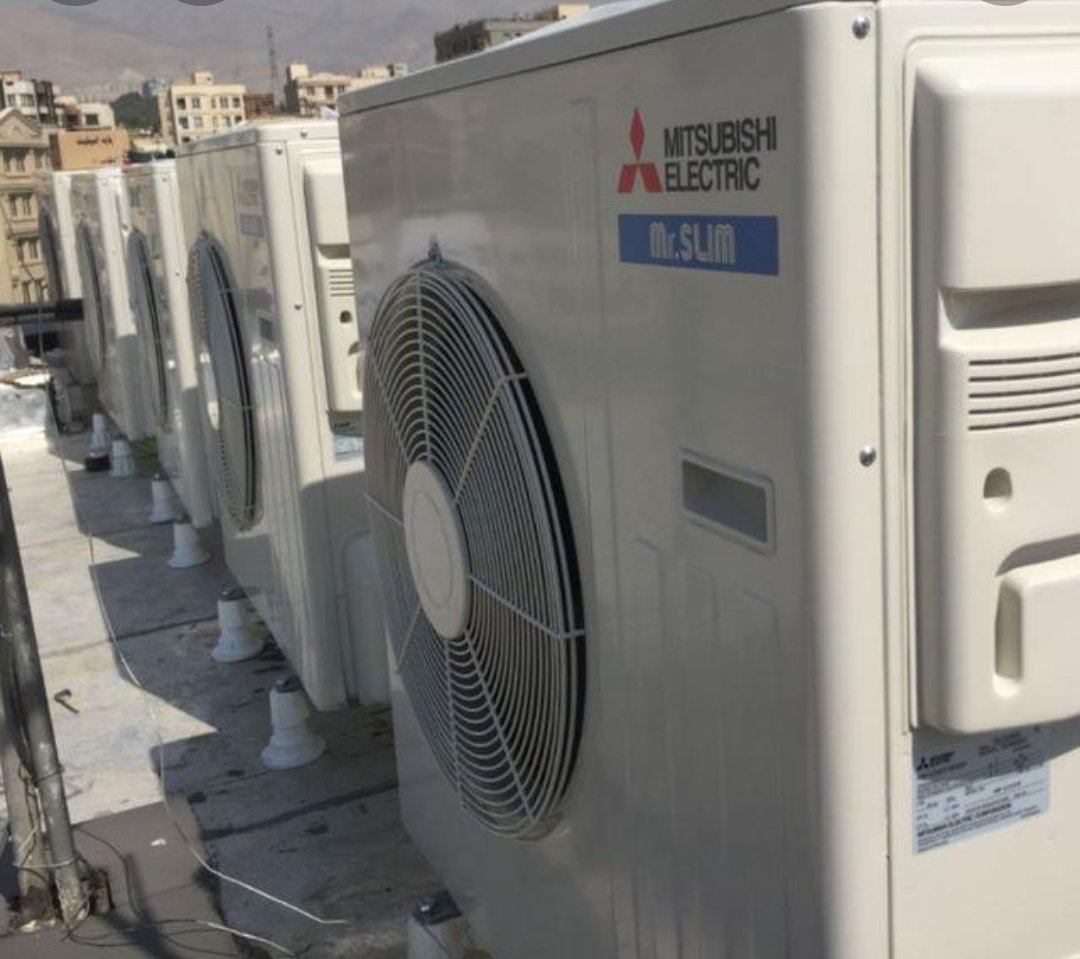
EU to reek of body odour – AC's already banned in places
The use of air conditioners is being restricted in an increasing number of European countries, and there are places where you can expect severe fines of thousands of euros for cooling the indoor temperature to less than 27 degrees. The goal is for people to consume less energy. The European Union is working on a similar plan.
Use of AC’s made pointless by Italian government measures
Sanctions against Russia have proved to be a case of shooting one’s self in the foot for many European countries, as they imposed an embargo on Russian energy before they figured out how to replace it. Natural gas supplies electricity in quite a few countries, for example, 40 per cent of Italian electricity production is fuelled by gas. In response to the outbreak of the war in Ukraine, the Italian government also indicated that it would cease Russian natural gas imports, but this is causing a serious shortage of supply to Italy’s population. The cabinet, therefore, decided to take a drastic step in May, just before the hottest months: In schools and other public buildings air conditioners cannot be set to cooler than 25 degrees Celsius. Prime Minister Mario Draghi has ironically called air conditioning an example of where Italians may have to sacrifice in exchange for peace in Ukraine.
Do you want peace or do you want air conditioning?
PM Draghi posed the rhetorical question. The regulation will be in effect until March 2023, during which violators can face fines of 500 to 3000 euros.
Draghi goes straight to the point on gas embargo:
“Do you want peace or do you want to stay with the air conditioning on during the summer?”
— Marco Bresolin (@marcobreso) April 6, 2022
Germany on a bumpy road to skimping
It is not uncommon for temperatures in the summer months to reach 35-37 degrees Celsius in Germany, so there is a huge need for air conditioners in households. But the law imposes so many conditions on the installation of the appliance that people do not even start the authorization process. In the case of residential buildings, the guidelines only allow air conditioning in areas where the temperature reaches 26.6 degrees Celsius and stays for at least 650 hours during the hottest six months of the year. Under such conditions, it is almost impossible to use the device without receiving a severe fine. In Ansbach, Germany, for example, it only reaches this temperature for up to 200 hours, which is well below the statutory value.
The frugal model also spreading in Spain
The sanctions imposed by the European Union have also hit Spain, forcing the government to introduce measures to have the citizens save on energy. Under new rules published recently, air conditioning in public buildings in Spain must be switched off in summer. Office air conditioning should not be set below 27 degrees Celsius during the hottest months of the year, according to the government’s Energy Efficiency Decree. This is a sensitive issue for Spaniards because temperatures often rise above 40-42 degrees Celsius in summer. In winter, offices cannot be heated above 19 degrees Celsius.
Eating out in France will be a sweaty experience
France, which is essentially self-sufficient in electricity, has also embarked on a path of saving energy. Since April, using heating or air conditioning for the comfort of guests at the famous outdoor terraces of French restaurants, cafes, bars, and pubs have been banned. Breaking the law is punishable by a fine of between €1500 and €3000. It is estimated that in the capital Paris alone, 17,000 terraces are using such equipment, with tables full all year round. However, the new rules are expected to lead to a drastic drop in guest numbers in restaurants, bars and cafes during this year’s tourist season.
EU’s „Green Deal” also a curb on air conditioning
The European Commission published a proposal in early April setting out how quickly the EU should get rid of so-called F-gases. These are the gases that are found in air conditioners, among other things. The proposed regulation would ban certain stationary split air conditioners, those that are said to contain too much of harmful gases. However, more than half of households in EU countries are equipped with appliances that will be considered illegal under the proposal.
Tags:

